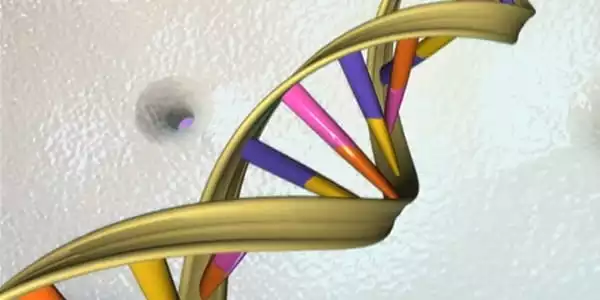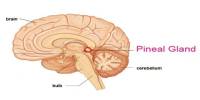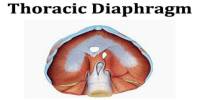Have you ever wondered why little kids gain weight so quickly and so differently in their first years of life? Now, researchers at the University of Bergen in Norway have discovered that our genes play a significant role in this. The findings shed light on the systems that control hunger and energy metabolism early in life, which may aid in the development of better treatments for obesity in adolescence and maturity.
Taste receptors can have a significant impact on bingeing, overeating, and undereating. Small changes in our genetic code can increase or decrease our sensitivity to sweet tastes, according to a study financed by the National Institute on Deafness and Other Communication Disorders (NIDCD). This can also explain why some people are especially vulnerable to addiction to sweets.
There is undoubtedly a link between heredity and a proclivity for food addiction. In the early 1990s, a poll of Overeaters Anonymous members revealed that a substantial percentage of overeaters or food addicts had at least one blood family who was also addicted to food or alcohol. However, this and other studies highlight the age-old dilemma of nature versus nurture.
We grow quickly after birth. During infancy, the length rises by about half, and the weight doubles. The growth then slows and enters a stable phase in childhood until a growth spike in adolescence. But what is causing this rapid expansion?
This is dynamic in the sense that individual genes have an influence only on certain stages of growth. We believe that this is one of the reasons why some children are born with a naturally stronger appetite than others and have much more fat mass in infancy.
Professor Pl R. Njlstad
The explanation has finally been discovered by researchers at the University of Bergen’s Center for Diabetes Research. They looked at the genes of 30,000 Norwegian children and their parents from the Norwegian Mother, Father, and Child Cohort. Millions of genetic polymorphisms from each individual were evaluated and connected to growth data from a set of height and weight measures taken from birth to eight years of age.
The discoveries have gotten a lot of attention.
“It was discovered that genes associated with extreme obesity, appetite, and the body’s energy consumption are responsible for growth regulation,” explains professor Pl R. Njlstad.
“This is dynamic in the sense that individual genes have an influence only on certain stages of growth. We believe that this is one of the reasons why some children are born with a naturally stronger appetite than others and have much more fat mass in infancy. These dynamic effects appear to be especially relevant in the earliest years of life, and they do not appear to raise the risk of subsequent obesity” According to Njlstad.

Some of the genes have been connected to medications that are being tried to reduce weight gain in people who are extremely obese. As a result, the findings may have implications for the management of normal obesity. The findings have now been published in the journal Nature Metabolism.
Scientists have come to realize that while the blueprint for a building is unchanging and must be followed to the tiniest specifications, our DNA blueprint is only partially fixed—some parts are actually highly malleable and quite responsive to the environment, to our emotions, and to what we eat.
Researchers are starting to figure out how to utilize nutrition to turn individual genes on or off. Certain dietary deficits appear to trigger metabolic changes and long-term changes in genes that aggravate physical and mental strain. A lack of essential fatty acids in the diet, for example, has been related to a chronic and multigenerational weakening of the immune system and a rise in inflammatory disease levels. Alternatively, biochemical and anthropological data suggests that when the body is properly nourished and nutrient storage are balanced, a more stable and resilient genetic state can be restored.
You are more likely to acquire these problems if you have a strong family history of disordered eating, depression, or other mood disorders than if you have no family history of any psychiatric conditions. It’s crucial to remember, though, that while our genes give the blueprints for who we could become, they don’t decide who we are.
The initiative is supported by the tNovo Nordisk Foundation, the Kristian Gerhardt Jebsen Foundation, the Trond Mohn Foundation, the University of Bergen, and the Western Norway Regional Health Authority, and is funded by the European Research Council ERC and the Norwegian Research Council.
















